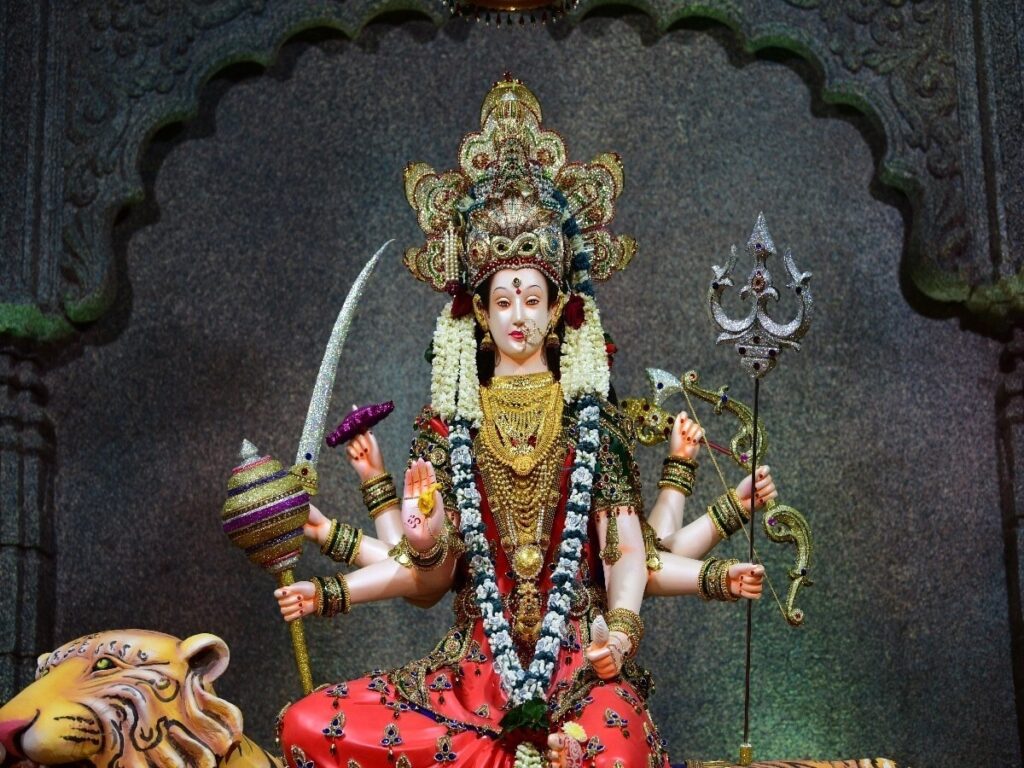The auspicious festival of Sharadiya Navratri has commenced, marking a significant period of reverence and celebration in Hindu culture. This nine-night festival is dedicated to the worship of Goddess Durga and involves various rituals, fasting, and cultural activities. While participating in these festivities, it is essential to adhere to certain rules and avoid specific practices that could diminish the spiritual experience.
Understanding Sharadiya Navratri
Sharadiya Navratri occurs in the month of Ashwin, typically falling between September and October. Each day of the festival honors a different form of the Goddess, culminating in the celebration of Vijayadashami or Dussehra. The festival not only signifies the victory of good over evil but also promotes community bonding, spirituality, and cultural heritage.
Significance of Rituals During Navratri
The rituals performed during Navratri hold deep spiritual meaning. Fasting, prayers, and festivities help devotees cleanse their bodies and minds, inviting positive energy and divine blessings. By observing certain guidelines, one enhances the sanctity of this sacred time.
Key Practices to Avoid During Navratri
While participating in the Navratri festivities, there are specific actions and habits that should be consciously avoided. Here’s a comprehensive list:
| Action to Avoid | Reason |
|---|---|
| Consuming Alcohol | Alcohol consumption is considered disrespectful during this sacred period, as it impairs the mind and spiritual focus. |
| Eating Non-Vegetarian Food | Non-vegetarian food is seen as impure, and sticking to a vegetarian diet helps maintain spiritual purity. |
| Engaging in Conflicts | Creating disharmony contradicts the festival’s message of peace and unity. It’s essential to foster good relationships. |
| Neglecting Worship | Misplacing the focus from worship can dilute the spiritual experience and blessings sought during Navratri. |
| Skipping Fasting | Fasting is a vital part of Navratri, symbolizing purification. Skipping it can lead to missing out on spiritual gains. |
The Essence of Fasting and Rituals
Fasting during Navratri is not only a form of asceticism but also a means to rejuvenate the body and focus the mind. Traditionally, devotees consume ‘vrat’ food, which may include fruits, nuts, and specific grains, avoiding foods like wheat, rice, and pulses. Engaging in regular prayers and participating in community events enhances the festive spirit and deepens one’s connection to the divine.
Conclusion
As the Sharadiya Navratri festival unfolds, it offers a chance for introspection, spiritual growth, and joyous community participation. By observing the practices outlined above and maintaining a respectful approach towards the festivities, devotees can elevate their spiritual experience and honor Goddess Durga profoundly. Embracing the essence of this auspicious time will not only enrich one’s life but also strengthen the bond with cultural traditions.
